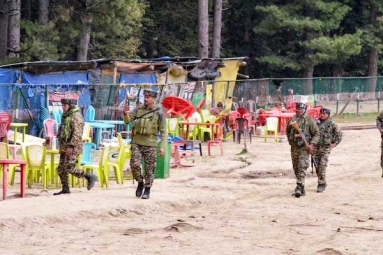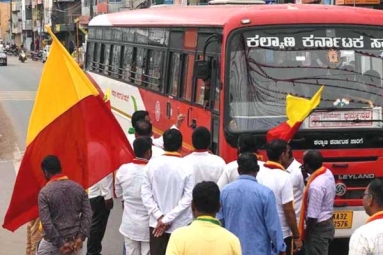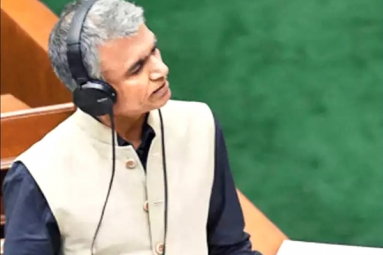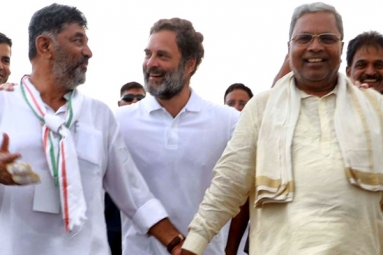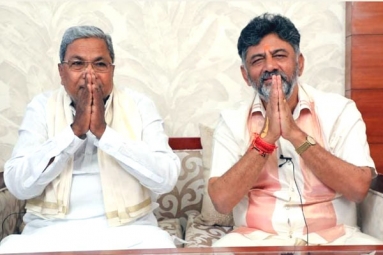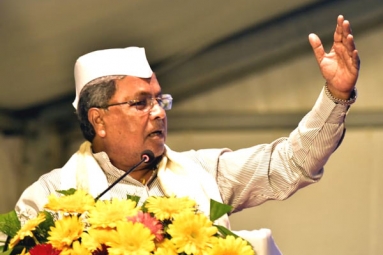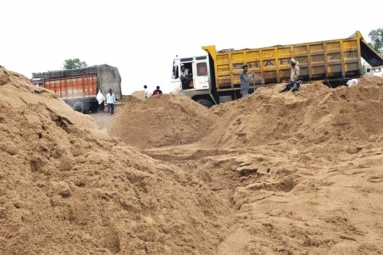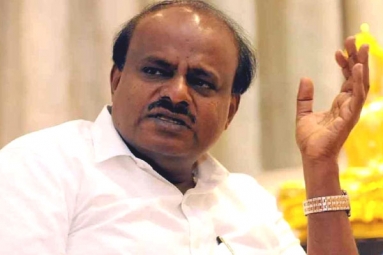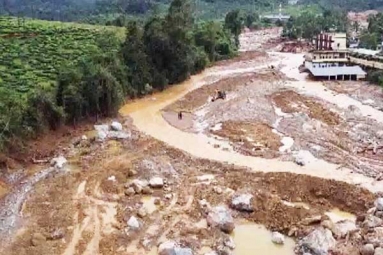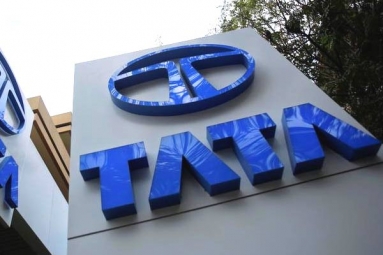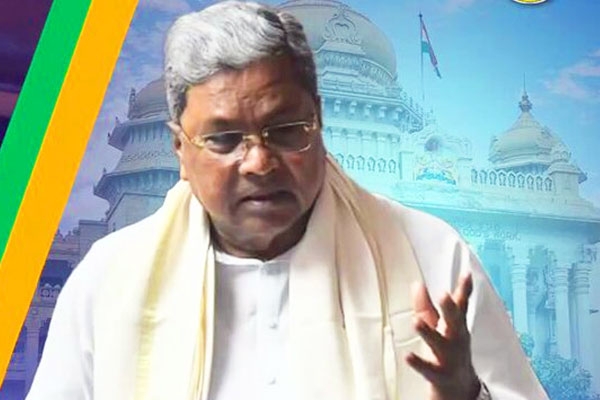
(Image source from: Twitter.com/siddaramaiah)
The Siddaramaiah government in Karnataka has passed a law making reservation in the private sector compulsory for local residents. The bill, which was approved by the state cabinet, provides for 50 percent leadership and 70 percent non-leadership positions for Kannadigas. This decision received a strong response from the industry. Announcing the decision, Chief Minister Siddaramaiah said I had written that I agreed to it. However, the Prime Minister removed the post after a backlash. However, there is no mention of 100 percent reservation for posts in Groups C and D in the draft law. Commenting on the decision, he said: "It is the wish of our government that Canadian speakers in Kannada-speaking areas are not deprived of jobs and are given the opportunity to build a comfortable life in their own country". Siddaramaiah called his government a "pro-Kannada" government and said its priority was to "take care of the welfare of Kannadigas". After the announcement was met with heavy criticism, the state government insisted it would consult with the industry to address concerns. This bill has been submitted by the Ministry of Labor and has not yet been consulted with industry, the Minister of Industry and the Ministry of Information Technology. “There is a need for proper consultation with ministries and more importantly, comprehensive consultation with the industry,” said Priyank Kharg, Minister of State for External Affairs. He added: There is no need to panic. The 'Employment of Local Candidates in Industries, Factories and Other Establishments in Karnataka Bill, 2024' is likely to be introduced in the state Assembly on Thursday. The bill defines a local candidate as a person who was born in Karnataka, has lived in the state for 15 years and can speak, read and write Kannada.
Candidates should have a high school diploma in Kannada language. Otherwise, they will have to pass the Kannada language test conducted by the nodal agency designated by the government, the bill says. In cases where there are no qualified local candidates, industries and institutions must work with the government to take steps to develop local candidates within three years. If there are not yet enough local candidates available, companies can apply for relief. However, the Bill provides that the facility provided shall not be less than 25% in the managed sector and 50% in the unmanaged sector. Failure to comply with the local volunteer recruitment law can result in a fine of 10,000 to 25,000 rupees. The Congress government's decision was questioned by industry leaders, with many pointing to possible consequences and a shortage of skilled workers. Kiran Mazumdar Shaw, chairman of Biocon, was the first company executive to react to the decision. He said the policy should not affect the government's leading position in technology and also called for exemptions for hiring highly skilled workers.
As a technology hub, we need skilled talent, but we do not want this move to affect our leadership position in the technology sector through this policy,” he wrote in X, tagging Mr Siddaramaiah, Mr Shivakumar and Minister of State Priyank Kharg. Television entrepreneur and philanthropist Mohandas Pai questioned the move and urged the government to spend more money on skilling instead of quotas for locals, saying, "We want to increase employment for Kannadigas." So let's give more money to higher education out of. And teach them: “Spend more money on skill development so that everyone has skills, are you doing that?”, he replied. CEO of Swarna Group. VSV Prasad also pointed out the shortage of employees. Maintaining such restrictions will ultimately lead to the halt of all infrastructure projects and if such measures are imposed on infrastructure and industries, industries will also be shut down. However, if this is not available, what options do you suggest and ask the government to decide on it after analyzing the state of the industry?








